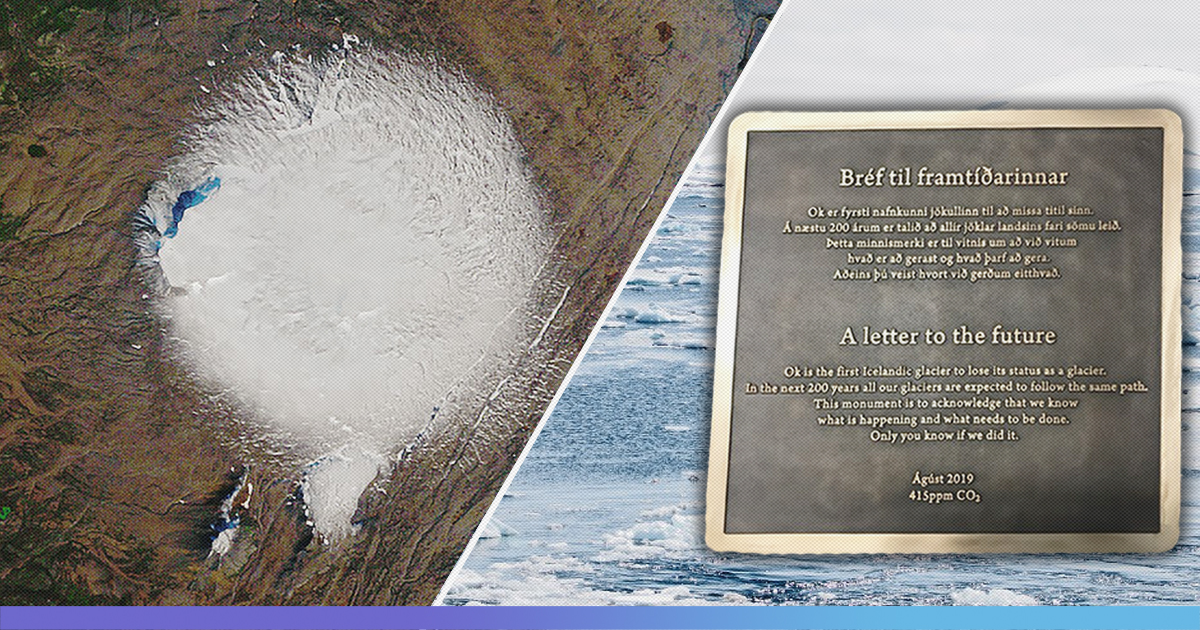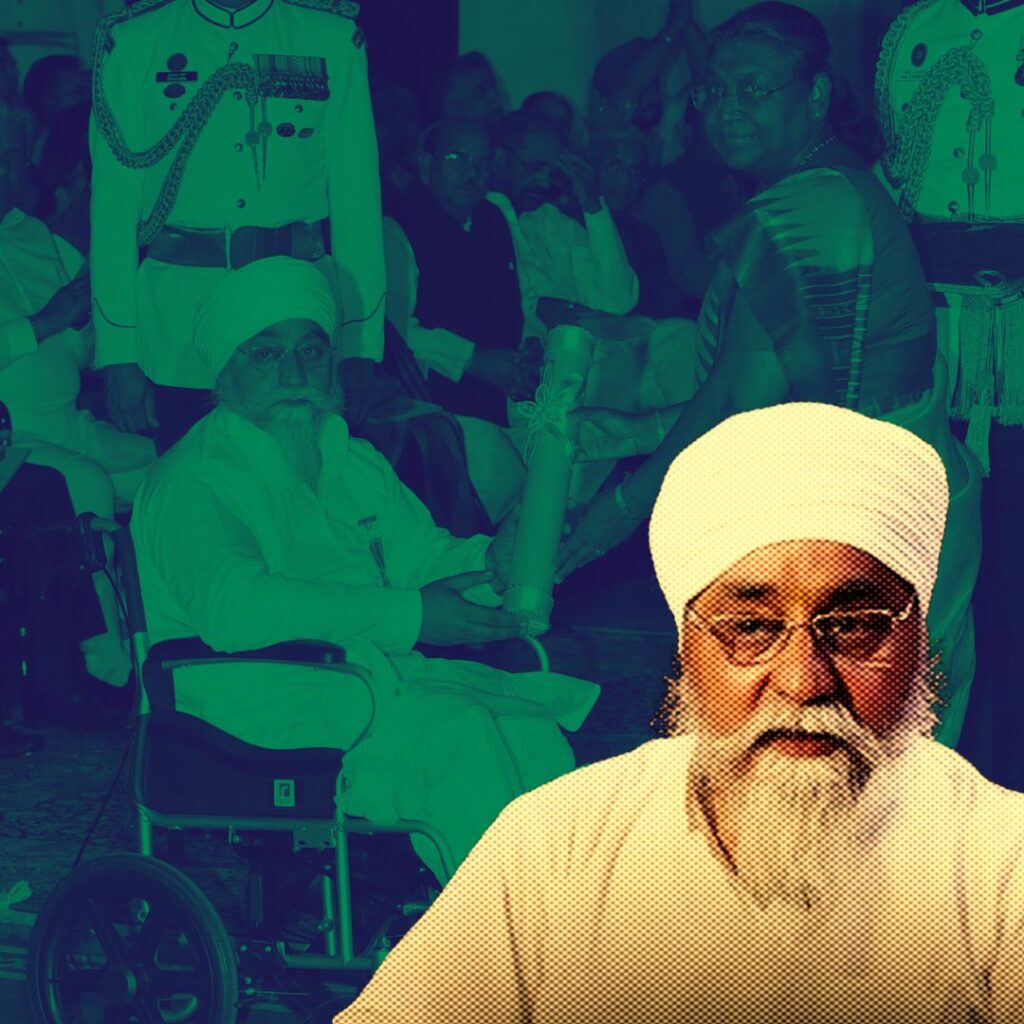Iceland has lost its first glacier due to climate change. The island nation bid farewell to one of the iconic glaciers on August 18. Researchers, leaders, and renowned activists joined hands and conducted an official funeral ceremony for the Okjökull glacier in western Iceland.
Among the 100 people who walked up to the mountain for the ceremony, Iceland’s prime minister – Katrín Jakobsdóttir, and the former UN human rights commissioner Mary Robinson were also present.
A powerful reminder of the impact of #ClimateChange: Iceland ���� holds a symbolic funeral for its Okjökull glacier.
“We’re seeing the faces of the climate crisis differently around the world, but it’s the same crisis,” says Prime Minister @katrinjak.pic.twitter.com/KSP4totzsf
— WMO | OMM (@WMO) August 19, 2019
The farewell ceremony was concluded by mounting a plaque. The plaque titled “A letter to the future” warns people that if nothing is done now, coming 200 years more glaciers will be lost to climate change. It is also labelled “415 ppm CO2”, referring to the record level of carbon dioxide measured in the atmosphere last May.
The memorial plaque for Iceland’s Okjökull glacier contains a warning. "Ok is the first Icelandic glacier to lose its status as a glacier…This monument is to acknowledge that we know what is happening and know what needs to be done. Only you know if we did it." #ClimateChange pic.twitter.com/pLxFkUfhRI
— Amanda Scott (@tantriclens) August 18, 2019
Iceland PM said, “ I hope this ceremony will be an inspiration not only in Iceland but also for the rest of the world because what we are seeing here is just one facet of the climate crisis.”
Former Irish president Mary Robinson referred the complete meltdown of the glacier as “death” and urged to take prompt action.
The people of Iceland held a symbolic funeral for 700-years old iceberg "Okjökull" the first glacier to be melt in #climate_change pic.twitter.com/h8HORrwo9B
— Issam Rojbiany (@AlmudarisK) August 20, 2019
The funeral came just after the world recorded the hottest month of July, with temperature in some of the European countries rising upto 40-degree Celsius.
Okjökull lost its glacier status in 2014 as the ice was not moving. In 1890, the glacier ice covered 16sq km, but by 2012 it measured less than 1 sq km.
Currently, Iceland is only covered by 10 per cent of ice. The island every year loses around 11 bn tonnes of ice. Scientists fear that by 2200, more than 400 glaciers will be gone due to global warming.
Several reports of glacier meltdown in Antarctica and Arctic have also been surfaced because of the rising temperature causing by high emission of greenhouse gases due to the burning of fossil fuels.










